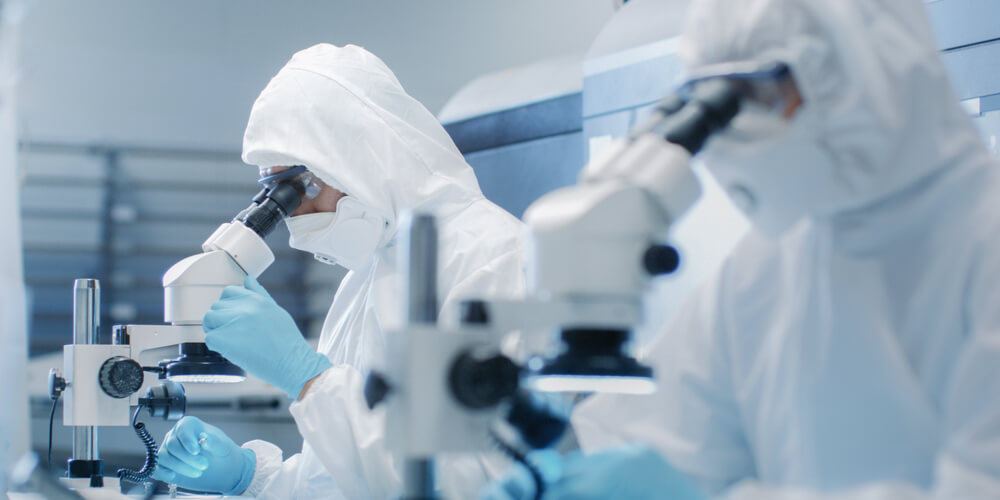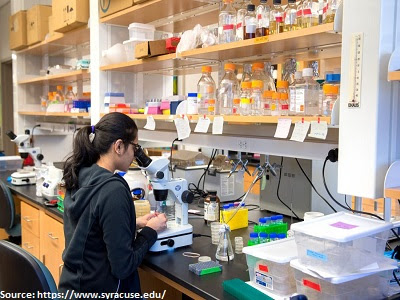Favorite Tips About How To Become A Biophysicist

Complex problem solving— identifying complex problems and reviewing related information to develop and evaluate options and implement solutions.
How to become a biophysicist. Obtaining a bachelor’s degree in biophysics or a related field like biology, biochemistry, physics. To become a biophysicist, you will typically need to pursue additional education after earning a bachelor’s degree in a science major. Biophysicists typically need a doctorate degree in biology or a subfield of biology.
Biochemistry has a few bachelor degrees. Many require more than five years of experience. To become a biophysicist you must earn a bachelor’s degree in chemistry, mathematics, or physics.
You will need an extensive amount of skill, knowledge and experience to be a biochemist and biophysicist. For a physicist to become a biophysicist, they need to learn a bit of biology, enough for them to know the field they are working on. Comprehensive information on the education required to work in biophysics can be found here.
Most who go on to study this area start with biology as an undergraduate. There are few bachelor degrees in biochemistry. We've also included helpful information for a biophysicist career, such as job description, job duties, salary expectations, a list of possible employers and much more!
What are the education requirements to become a biophysicist? We are pleased to now offer. How to become a biophysicist 1.
How to become a biochemist or biophysicist [about this section] get the education you need: Although all science majors can pursue biophysics, it’s important to build a strong undergraduate foundation by taking biology, physics, chemistry, and mathematics courses and some. A master degree may be sufficient for some applied research positions.



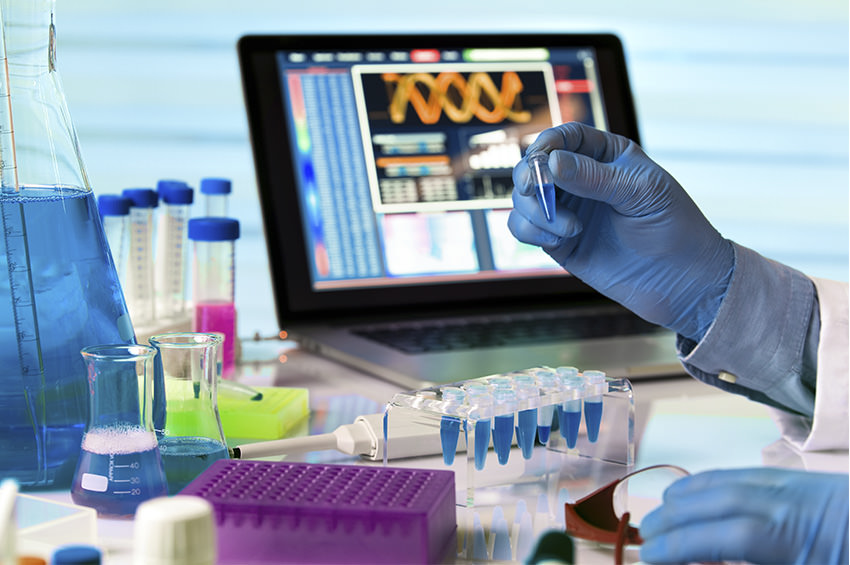

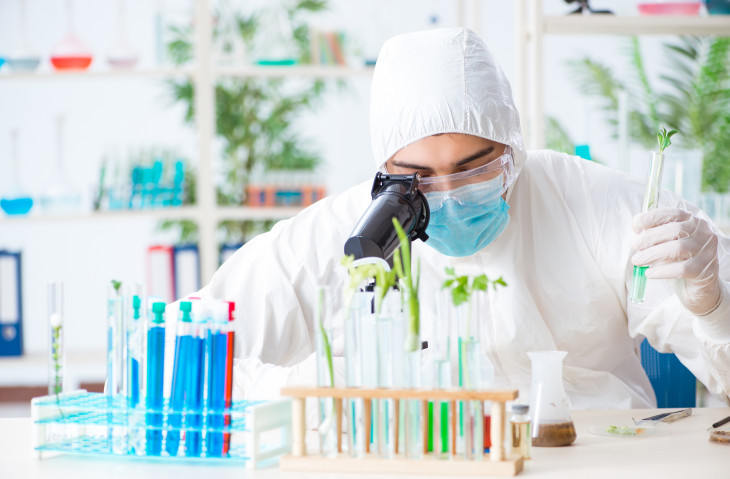
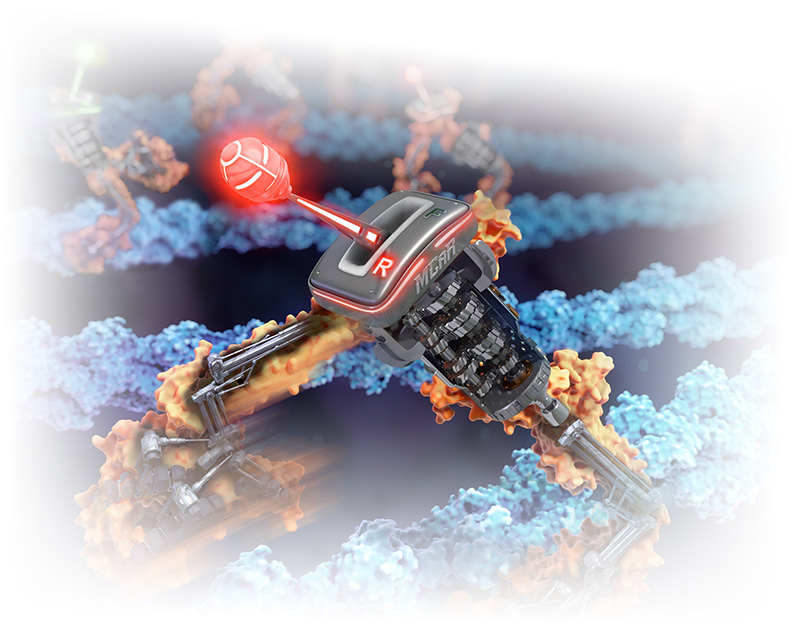

.jpg)







